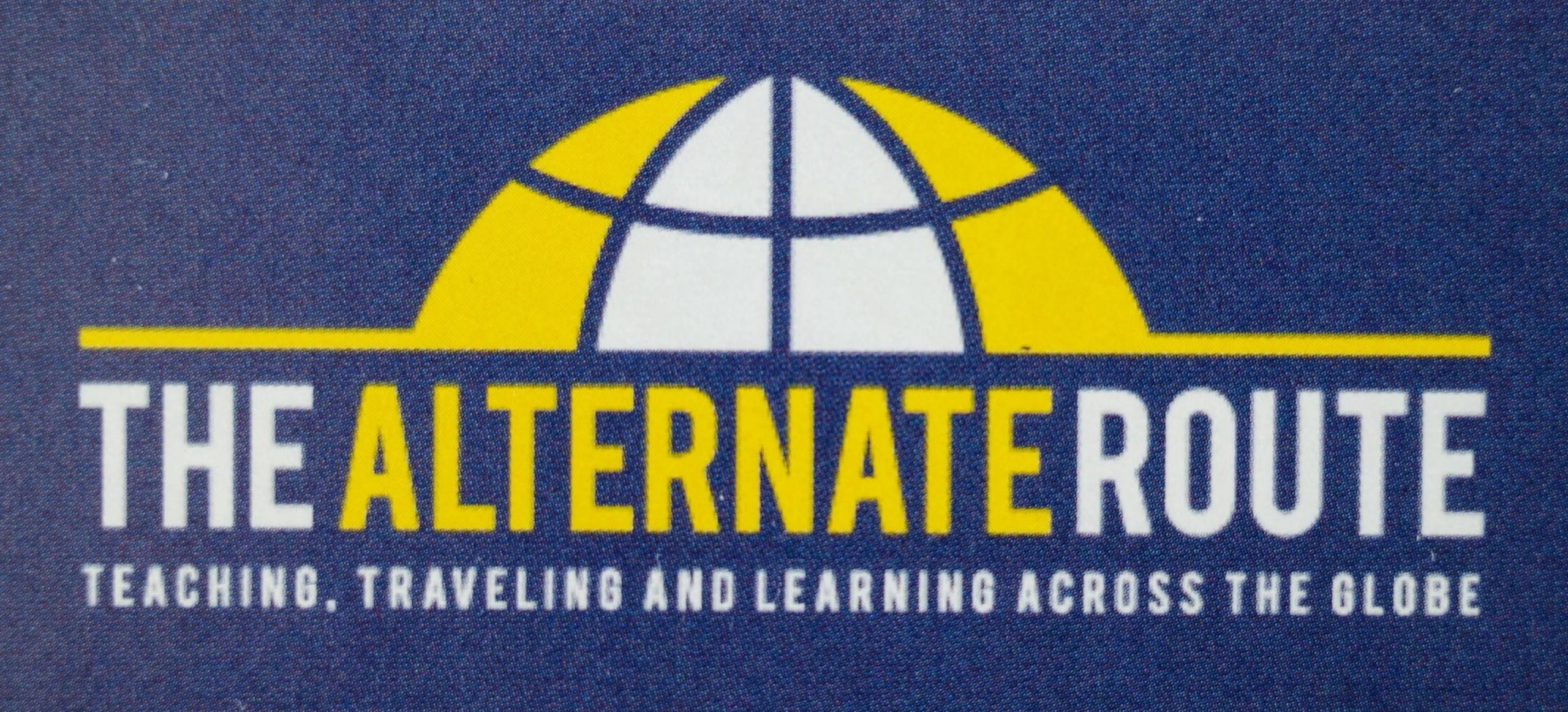James Paul Gee (2012) has provided many examples of how important it is to know the Discourse of the dominant group in order to move ahead in society. The interview texts on pages 149-150 illustrate how the wrong dialect or grammar usage for a situation like an interview could close the door to job opportunities. Those with the power to hire new employees will most likely hire candidates whose Discourse matches their own. Another example can be found in Gee’s discussion on the Discourse of law schools (p. 160). Students from non-dominant groups have not been as successful as students from the dominant Discourse group since the non-dominant group is not well-prepared in the Socratic teaching methods of many law schools. Students from minority groups may have a Discourse that values cooperation over conflict, while the mainstream law school Discourse relies on conflict. Gee provides further evidence of the importance of Discourse by discussing Jennie’s and Leona’s stories in Chapter 10. Neither story follows the “sharing time” type of story which should be linear and based on facts. Therefore, though both students have told stories that are valued in their own communities, they are not valued at school.
Students from non-mainstream communities are at a disadvantage when they come to school. I believe that schools should prepare students to be successful in the standard dialect and normative Discourse. Giving students the tools to use Interviewing Discourse at job interviews, Law School Discourse as a student of law, and School Discourse at school will unlock doors for them and provide them with more opportunities in the future. Being able to successfully navigate among various Discourses is like being bilingual. English language learners will have greater opportunities if they successfully learn to communicate in English.
Unfortunately, some may take this idea too far. Just because all students deserve the opportunity to become fluent in the dominant Discourse, it does not mean that school should not value the many Discourses students bring to the classroom. I agree with Gee when he says, “The exclusion of certain students’ Discourses from the classroom seriously cheats and damages everyone.” (p. 215) Students should know that their culture is valued at school. This includes allowing them to communicate in ways that are compatible to their home Discourse. It enriches all students in the classroom if we can see the value of various Discourses. Indeed, as Gee points out, new Discourses are negotiated and created in such spaces.
This week I had an experience which relates to this issue. I received an email from the Catholic high school I attended with the sad and unexpected news of a high school classmate’s death. The email listed an abbreviated obituary with a link to the full obituary that had been published on a funeral home’s website. After reading both versions, I realized that the email version had been edited to not include my classmate’s (who is male) longtime partner. From the full obituary it was clear that my classmate had been in a long-term relationship with another man. The obituary described him as his “beloved and long-term partner.” It went on to name his partner’s parents and siblings as survivors. In the email version, there was an extensive list of survivors, but only from my classmate’s immediate family (siblings, parents, nieces and nephews). The only difference between the two notices was that my classmate’s partner and his partner’s family had been edited out of the emailed version that came from my school.
I was left wondering why classmate’s partner was edited out of the email. It would easy to assume that a gay relationship was not valued at a Catholic high school, but I did not think it would be fair to assume this. There could be many reasons why this was done, so I emailed the sender of the notice and asked. I pointed out that my concern was that the school could be sending a message of exclusion by editing my classmate’s life partner out of the notice. I was pleased to receive a quick reply and was told that the school was following a policy to only include immediate family and alumni in such notices. I was also told that my concerns would be brought to the administration so that they could review the policy, and that a full obituary would be included in the alumni newsletter.
All in all, this experience heightened my awareness of the many ways that schools can exclude those who do not fit the normative Discourse. Sometimes this is done unintentionally, and may even go unnoticed, but it is important that as teachers we are striving to value all students’ “stories” while helping them to navigate towards a future that may require them to learn the dominant Discourse as well.
Gee, J. P. (2012). Social linguistics and literacies: ideology in discourses (Fourth ed.). New York: Routledge.

November 18, 2013 @ 11:03
Tim, I am so glad you addressed this issue with the school administration.